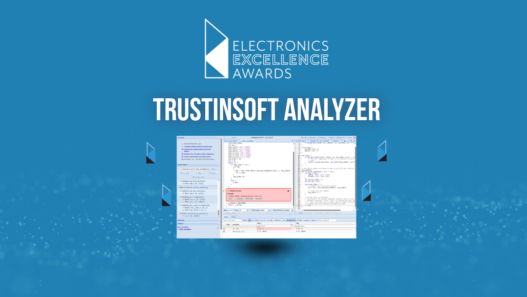In addition to the PCOM-B700G, Portwell also introduces a Type 7 evaluation carrier board, PCOM-C700. The new COM Express Type 7 standard is a new specification with backward compatibility to the existing Type 6 pinout.
While the focus of Type 6 is on display-oriented applications with support for audio and video interfaces, the Type 7 pinout definition is designed for applications that do not require graphics support.
Specifically, the COM Express 3.0 specification’s Type 7 pinout, when compared to the Type 6 pinout, trades all the graphics interfaces for up to four 10GbE ports, and a total of 32 PCIe lanes. This makes it ideal for applications in micro server and the like that require low power consumption while supporting high computing performance and communication throughput.
This latest PCOM-B700G COM Express module extends Portwell’s product family of server-grade COM Express based platforms. Back in 2015, Portwell launched PCOM-B634VG, a Type 6 COM Express module, which was the first COM Express module featuring Intel Xeon processor D-1500 series, 10GbE support, and integrated VGA.
Based on PCOM-B634VG’s success, Portwell’s new PCOM-B700G Type 7 COM Express module extends the design from PCOM-B634VG, removes the VGA interface and adds NC-SI (Network Controller Sideband Interface) as well as more PCIe lanes to meet the COM Express Type 7 standard.
The two 10GbE-KR ports on PCOM-B700G allow customers to flexibly design their physical interface on a carrier board in several modes, KR for backplane connectivity, copper (RJ45), or fiber (SFP+). And the NC-SI signals provide a way of connecting BMC (baseboard management controller) on the carrier board to achieve remote control and management.
Portwell’s clients know they can always count on us to provide them with quality products and longevity support with up to date know-how.
Designed with flexibility, the PCOM-B700G is developed on a basic 125mm x 95mm size with three DDR4 SO-DIMM slots, up to 48GB dual-channel DDR4 at 1867/2133/2400MHz ECC (depending on the SoC SKU), up to 8x PCIe 2.0 x1, 1x PCIe 3.0 x4, 1x PCIe 3.0 x16, 2x SATA 6Gb/s and 4x USB 3.0/2.0. Moreover, the PCOM-B700G module also comes with an option for wide operating temperature support with the range of -40°C to +85°C (depending on the SoC SKU).
As the markets evolve, Portwell’s versatile COM Express modules adapt to the changes by enabling designers to partition commodity host-processors from proprietary carrier boards, thereby minimising current and future design risks during the initial phase of development.
This design of separating the CPU-upgradable module from system specific I/O carrier boards further safeguards development investments and lowers total cost of ownership. With Portwell’s ready Type 7 evaluation carrier, PCOM-C700, customer can easily start to evaluate and design.
In addition, Portwell can also provide services to clients on the carrier board design and development, review schematics and BIOS customisation. At Portwell, we strive to create superior products for our customers.





